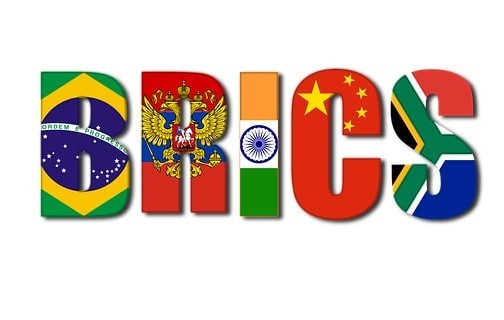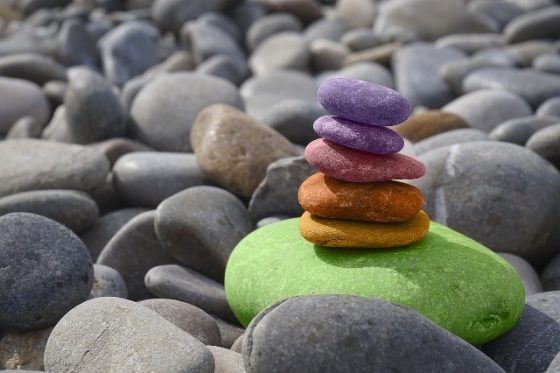Theme:
- At present, most of the countries are democratic. But women are largely underrepresented at all levels of decision-making worldwide.
- Beijing declaration or Platform for Action (1995) was adopted by the United N to achieve gender equality. Achieving gender equality in power and decision-making is one key area among the 12 critical issues of concern of the Beijing declaration.
Major obstacles for achieving gender equality in politics:
- Many countries have patriarchal societies. The situation is changing but very slowly. So, many politicians who are in power prefer male dominance in politics and tend to suppress women’s participation in power.
- Social norms are also a barrier to achieving gender equality in politics. Even in this modern world, in many cultures, women are expected to be submissive and caretakers of the families. Household chores are seen as the responsibility of women. These social norms and structural barriers influence the interests of people.
- The ideology of political parties is also a reason for fewer women in politics. Even though many political parties convey to the public that they are committed to gender equality and social justice, most of them do not follow those principles in their own political parties. In many countries, political parties have less than 10% of women politicians.
- In some countries, violence is used to suppress women’s participation in politics. Latin American countries can be stated as examples of this kind of suppression.
The present situation:
- In decision-making positions, the higher we go up, the fewer women there are. As of September 2021, there are only 26 women serving as head of the state or government. At the current rate, it will take another 130 years to achieve gender equality in the highest positions of power.
- In local governments, only two countries reached gender equality in power.
- A few men are involving the women of their families in politics to take advantage of gender quotas and then they are doing everything by keeping the women as rubber stamps.
- Many countries including India have gender quotas to improve women’s participation in politics. Gender quotas empowered many women to get into politics and as a result, many social welfare programs and family-oriented policies that help to balance and benefit both work and family life are being implemented.
What needs to be done:
- The top countries in having gender equality – Netherlands, Sweden, Denmark and Norway used some form of voluntary gender quotas to increase women’s participation in decision-making positions. So, it is evident that gender quotas are essential to achieve gender equality in power.
- Political parties should work towards gender inclusion in their own parties before advocating for gender equality in society.
- Entrenched patriarchal norms should be challenged. At present, many societies are moving towards a progressive mindset.
- Programs should be conducted to increase women’s ability to participate in politics by training them in leadership skills, public speaking skills etc.
Conclusion:
There is a need to take steps to bring more women into politics so that half of the populations’ needs are better addressed. Societies should be transformed in a way that supports and encourages women’s participation in politics.
Your Turn…
What’s your take on this topic? Express your point of view through the comment section below. And subscribe to our blog to read answers to the trending GD topics.
Photo by August de Richelieu from Pexels
References:
- Facts and figures: Women’s leadership and political participation
-
Around the World, the Greatest Gender Disparities Are in Politics
Copyright @ Group Discussion Ideas. Day 10 of 365 days challenge.






